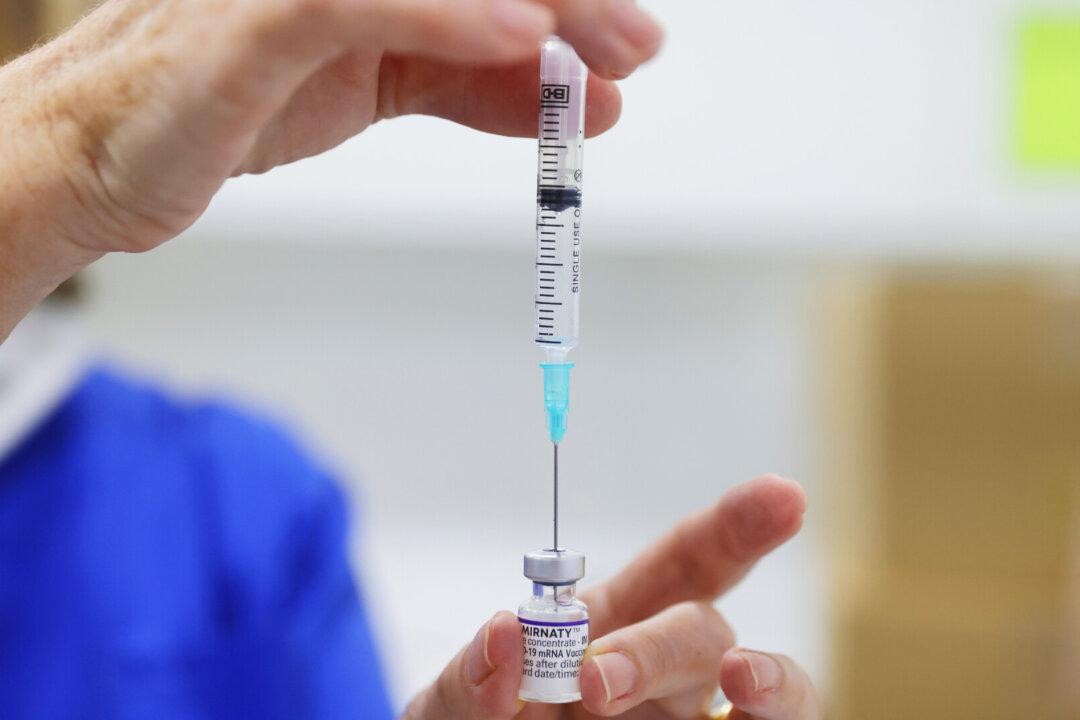Australia’s technical advisory group on immunisations (ATAGI) has approved a fourth “winter booster” dose of COVID-19 vaccine for vulnerable and older Australians in a bid to increase “vaccine protection.”
Following the footsteps of countries including Italy, Chile, and Canada, ATAGI recommended the fourth jab to Australians over 65, Indigenous Australians over 50, those in disability care, and those who are immunocompromised over 16.





